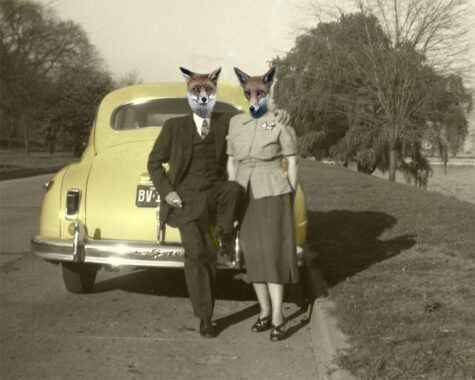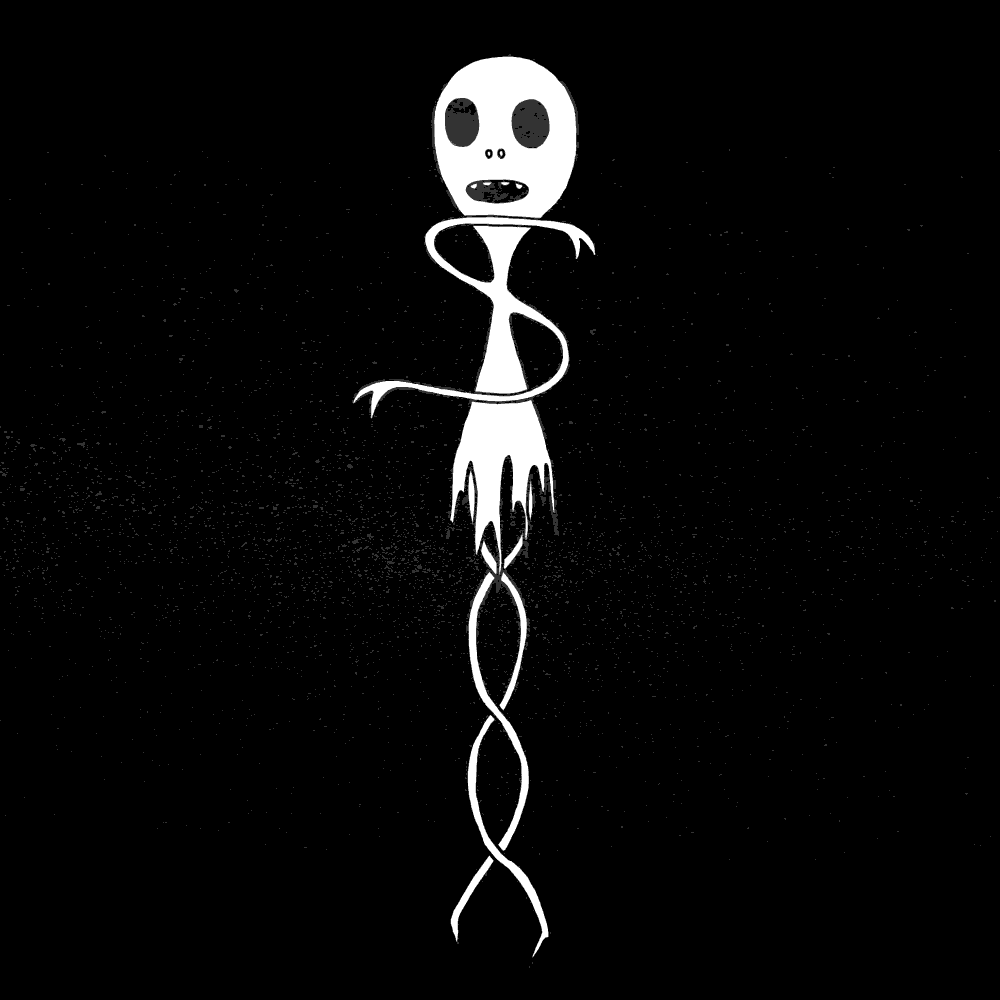
What does the word Pagan mean? Well, here’s a scholarly definition. Hmm…
- Origin of the term:
There is general agreement that the word “Pagan” comes from the Latin word “pagans.” Unfortunately, there is no consensus on the precise meaning of the word in the fifth century CE and earlier. There are three main interpretations. None has won general acceptance:
- Interpretation One:
Most modern sources by persons who consider themselves Neopagans or Pagans interpret the word to have meant “rustic,” “hick,” or “country bumpkin” — a pejorative term. The implication was that Christians used the term to ridicule country folk who tenaciously held on to what the Christians considered old-fashioned, outmoded Pagan beliefs. Those in the country were much slower in adopting the new religion of Christianity than were the urban dwellers. Many rural dwellers still followed the Greek state religion, Roman state religion, Mithraism, various mystery religions, etc., long after those in urban areas had converted.
- Interpretation Two:
Some believe that in the early Roman Empire, “paganus” came to mean “civilian” as opposed to “military.” Christians at the time often called themselves “miles Christi” (Soldiers of Christ). The non-Christians became “pagani” — non-soldiers or civilians. No denigration would be implied.
- Interpretation Three:
C. Mohrmann suggests that the general meaning was any “outsider,” — a neutral term — and that the other meanings, “civilian” and “hick,” were merely specialized uses of the term.
By the fifth century CE, its meaning evolved to include all non-Christians. Eventually, it became an evil term that implied the possibility of Satan worship. The latter two meanings are still in widespread use today.
- Other Info:
There is no generally accepted, single, current definition for the word “Pagan.” The word is among the terms that the newsgroup alt.usage.english, calls “skunk words.” They have varied meanings to different people.
The field of religion is rife with such words. consider: Christian, cult, hell, heaven, occult, Paganism, pluralism, salvation, Witch, Witchcraft, Unitarian Universalist, Voodoo, etc. Each has at least two meanings. They often cause misunderstandings wherever they are used. Unfortunately, most people do not know this, and naturally assume that the meaning that they have been taught is universally accepted. A reader must often look at the context in which the word is used in order to guess at the intent of the writer.
Many Wiccans, Neopagans, and others regularly use the terms “Pagan” and “Paganism” to describe themselves. Everyone should be free to continue whatever definitions that they wish. However, the possibility of major confusion exists — particularly if one is talking to a general audience. When addressing non-Wiccans or non-Neopagans, it is important that the term:
- Be carefully defined in advance, or that
- Its meaning is clearly understandable from the content of the text.
Otherwise, the speaker or writer will be discussing one group of people, while the listeners or readers will assume that other groups are being referred to.
Mark B: I Found My Man!
Mark B: I Found My Man!
Mark Beckert: Worst Sympathy Letter Ever Written
Mark: Definitely Worth A Look Around!!
Mark: Are You A Pagan?





Leave a Reply